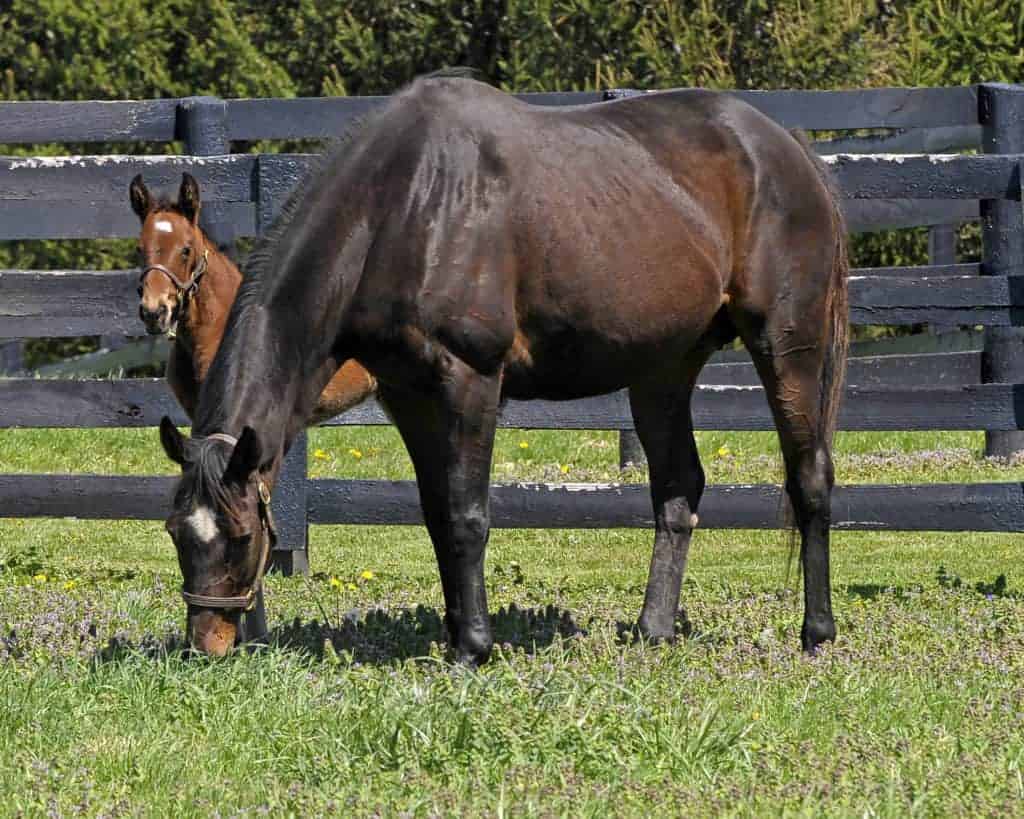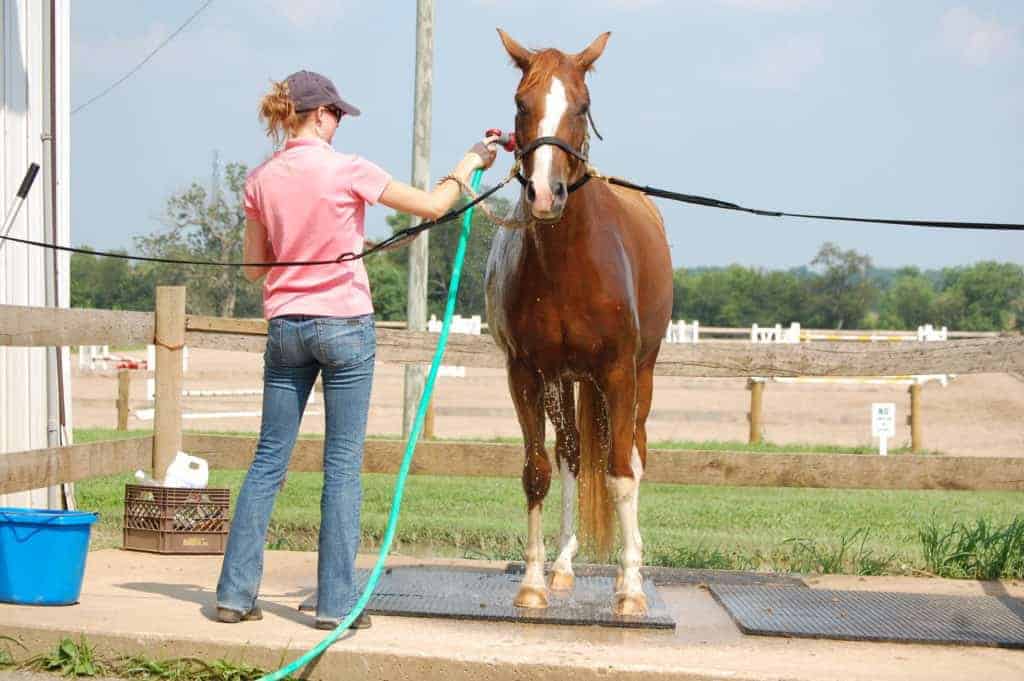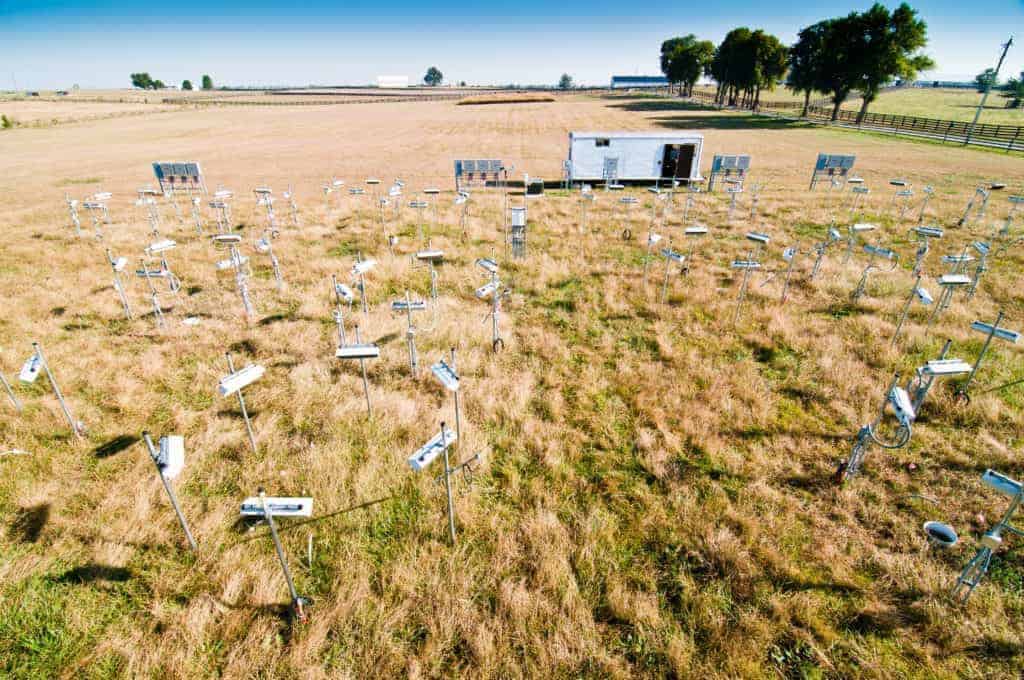
Grazing Muzzles’ Efficacy at Reducing Pasture Intake
Grazing muzzles can be effective at reducing pasture intake, sometimes reducing intake by as much as 85%.

Grazing muzzles can be effective at reducing pasture intake, sometimes reducing intake by as much as 85%.
The MSU Extension grazing school will take place Sept. 12-13 in Lake City, Mich.

A team of researchers recently revealed that horses tend to prefer water with neutral pH levels than low pH.

Collecting an accurate pasture sample is only half the battle; interpreting the results and putting them to go
UK is home to a unique USDA research unit that focuses a large portion of of its forage research on horses.

More corn will be used to produce ethanol fuel than food, which could mean an increase in horse feed prices.

Tall fescue produces a toxic alkaloid that causes disorders in broodmares that consume the forage.
Horse owners, livestock producers, and farmers are all looking for help in getting through the dry spell.

As Texas battles extreme drought, horse owners struggle to get their hands on enough hay for their horses.

In true summer riding season fashion, horse owners are heading down the road to trail rides and shows.

Which equine nutritional supplements have the research to back up their claims?

For riding enthusiasts, summertime necessitates paying extra attention to your horse’s physical needs.
William W. Witt, PhD, was featured in a video produced by TheHorse.com that won third place at the American

Rebecca McCulley, PhD, is studying how climate change could affect Kentucky pastures’ composition and what

Exceptionally wet weather delayed hay cutting this spring, but producers likely still have time to grow and…
As lush summer grass grows, unfortunately so does your horse’s risk for laminitis.
Stay on top of the most recent Horse Health news with
"*" indicates required fields